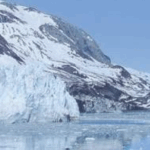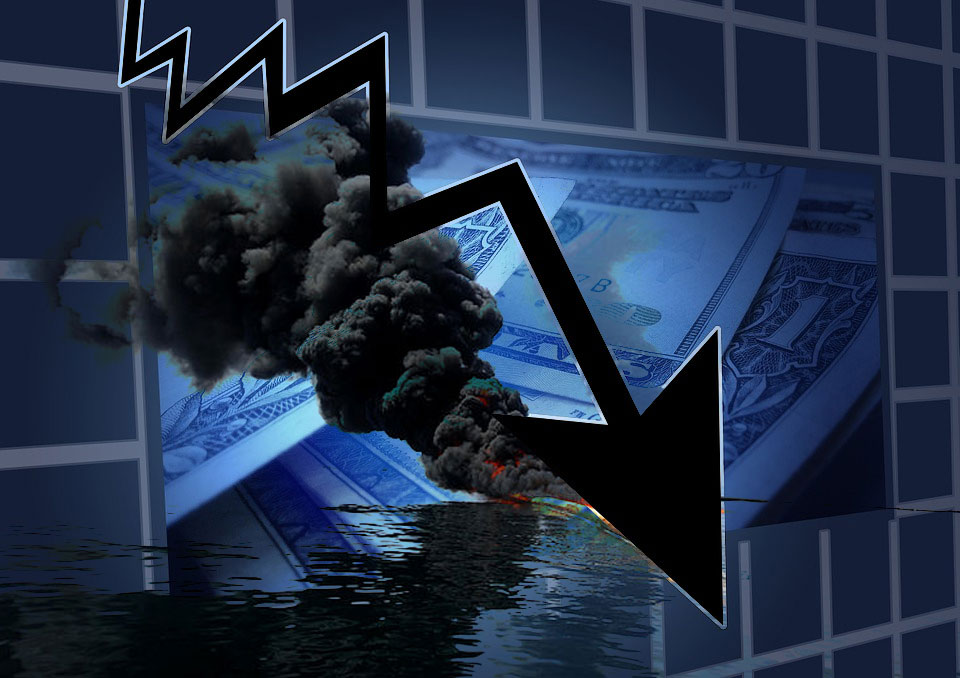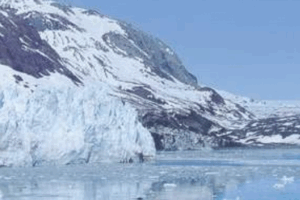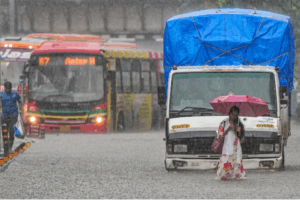The post-World WarII boom was based on cheap oil. But oil is nonrenewable, polluting, and causes global warming. It was “cheap” because the capitalists did not pay to prepare for the day when it would be harder to access oil. We have reached that day, which is one aspect of the worldwide crisis of the return to the epoch of capitalist decay.
The United States is suffering its worst ecological disaster since the Dust Bowl. Petroleum oil leaked out from British Oil Facility in the Mexican Gulf has overburdened the marine eco-system hugely; some of the effects are irreparable. Elsewhere in the world from Ecuador to Papua New Guinea the crisis is already appeared one way or other. It can be water and air pollution, loss of natural habitat, loss of species etc.
There could be no greater illustration that the worldwide crises in ecology, in energy, and in the economy are not separate problems. They are aspects of one and the same crisis of industrial capitalism in its epoch of decay.
The Capitalist Economy Depends on Cheap Oil
Originally capitalism took off in the Industrial Revolution by using coal. Without coal,there might not have been any industrial capitalism. And coal burning was the beginning of the greenhouse effect.
Competitive (non-monopoly) capitalism reached its height in the 19th century. By the 20th century it was facing fundamental crises and limits to growth. (This was due to the growth of semi-monopolies throughout the economy interacting with the tendency of the average rate of profit to fall.) This was expressed through World War I, the Great Depression, defeated European and Asian revolutions, the rise of totalitarianism, fascism, and then World War II.
Economists of all schools expected WWII to be followed by, at most, a brief boom and then a return to depressive conditions. Instead there occurred the “post-war boom,” a “Golden Age” of capitalism—at least for the industrialized, imperialist, nations. It lasted from about 1950 to 1970. There were various reasons for this, including the reorganization of world imperialism, now centered in the U.S.; the history of working class defeats; and the expansion of “peacetime” military spending (the “Permanent Arms Economy” or the “military-industrial complex”).
But one major source of the boom after World War II was turning to the widespread use of cheap oil explored from Arabian Gulf. Our entire way of life, our whole society, our food, clothing, and shelter, has been built on cheap oil. If petroleum became expensive and/or scarce, then all industry, the economy, and society would have to be reorganized. This is what we are now facing.
This boom benefited the Diaspora in gulf region from India and her neighboring Asian countries. Kerala has been greatly benefited out of this and a good sample for an analysis of the crisis. In the absence of eco-centered policies the money order remittance triggered huge loss of natural resources in the state. Water bodies, forests, wetlands in Kerala are depleting at a frightening rate.
Some of those who have thought most deeply about how to deal with this total crisis have focused on the need for a more decentralized society. There will have to be a whole lot less transportation and shipping of goods and people. We won’t be able to afford it anymore. There will need to be a lot more use of local energy sources, local natural resources, small-scale industry, and local recycling of waste (industrial and organic).
Of late, capitalism is outsourcing all environmentally sensitive production lines to Asian countries whilst they manage the global economy remotely. America is developing the management skill (par excellent to the highest standard per se) to manage the global economy distantly. Even war is being managed from across the border without putting the feet on the war land. Recent Yemen crisis is a classical example of this tactics.
So, the so called developing countries are turning to be the producers of global consumer goods with all the externalities being transferred to the native population while all the benefits been extracted to the developed nations. National governments with extreme policies and reactionary ideologies are placed in the ruling platform to plunder the resources from common man.
Democratic alternative government with resource and gender equity can only save the mankind from the current crisis ecologically and economically.


















